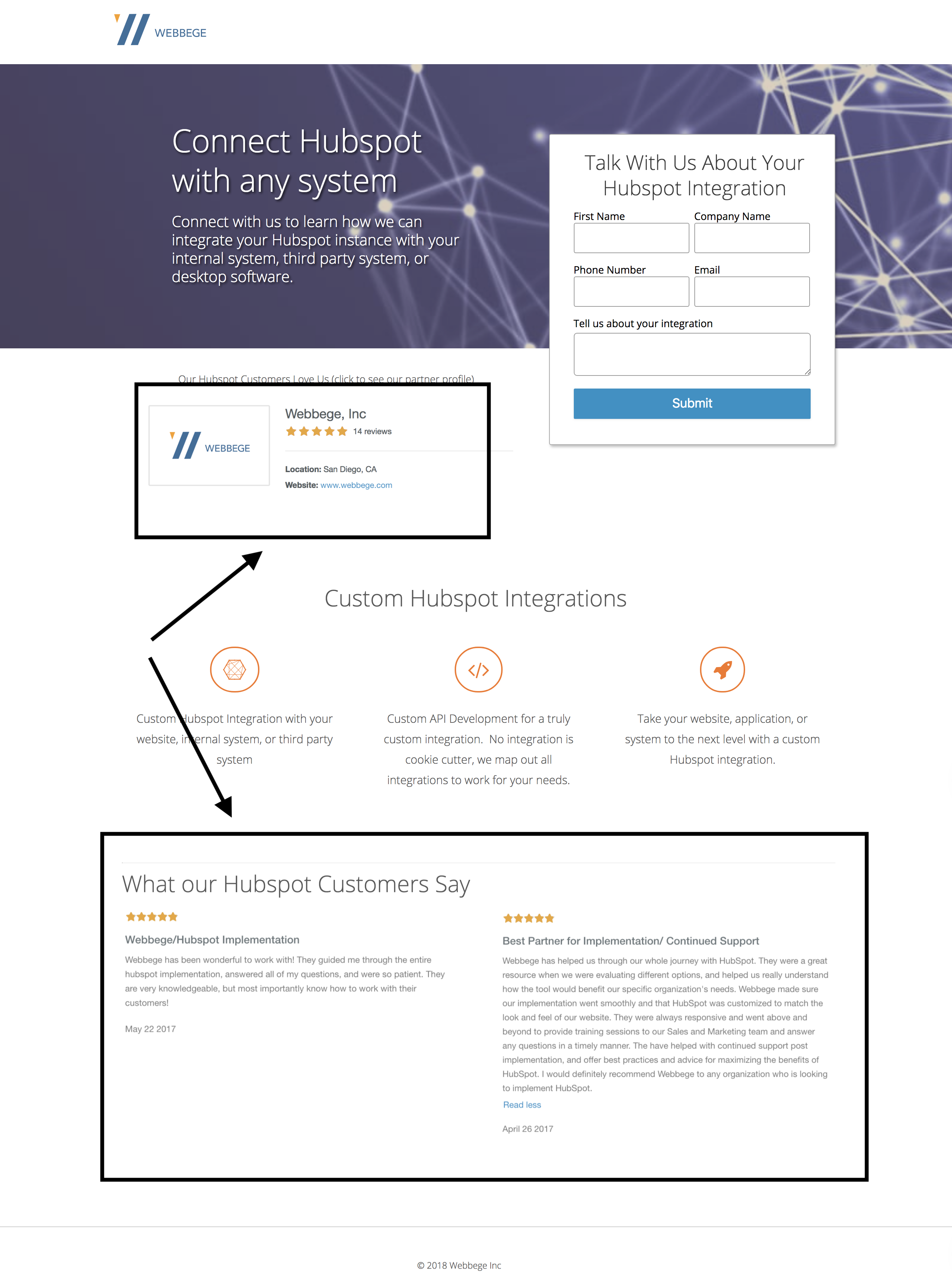After writing a blog, most people never go back to optimize your post for search. Most people obsess over how many keywords to include for SEO. How about try to keep things natural? If there are opportunities to incorporate keywords you're targeting, and it won't impact reader experience, do it. If you can make your URL shorter and more keyword-friendly, go for it. But don't cram keywords or shoot for some arbitrary keyword density -- Google looks out for tactics like this. Here's a little reminder of what you can and should look for. Be sure to also check out our blog SEO vs SEM for more information.

Meta Description
Meta descriptions are the descriptions below the post's page title on Google's search results pages. They provide searchers with a summary of the post before clicking on it. They are ideally between 150-160 characters and start with a verb, such as "Learn," "Read," or "Discover." While meta descriptions don’t hold the same weighted value in Google's keyword ranking algorithm they used to, they do give searchers a snapshot of what they will get by reading the post and can help improve your clickthrough rate from search.
Page Titles and Headers
Most CMS uses your post title as your page title, which is the most important on-page SEO element at your disposal. But if you've followed our formula so far, you should already have a working title that will naturally include keywords/phrases that interest your target audience. Don't over-complicate your title by trying to fit keywords where they don't naturally belong. That said if there are clear opportunities to add keywords you're targeting to your post title and headers, feel free to take them. Also, try to keep your headlines short -- ideally, under 65 characters -- so they don't get truncated in search engine results.
Anchor text is the word or words that link to another page -- either on your website or on another website. Carefully select which keywords you want to link to other pages on your site, because search engines take that into consideration when ranking your page for certain keywords.
It's also important to consider which pages you link to externally. Consider linking to pages that you want to rank well for that keyword. You could end up getting it to rank on Google's first page of results instead of its second page.
Mobile Optimization
Having a website that is responsive or designed for mobile has become more and more critical. In addition to making sure your website's visitors (including your blog's visitors) have the best experience possible, optimizing for mobile will score your website some SEO points.
SEO is a very important task in blogging. You can have the best blog ever, filled with luscious information, graphics and knowledge. But if SEO is not set up correctly, it is a high risk of it never being seen. Remember to check out our previous posts for more helpful blogging strategies. If you want to share this with your office, download our full guide: The Ultimate Blogging Guide. As one of the leads in San Diego SEO and Web Design, we are here to help!
- How To Blog: Understanding Your Audience
- How To Blog: Creating Topics and Working Title
- How To Blog: Organizing and Writing Content
- How To Blog: Formatting and Visual Optimization
- How To Blog: Optimize For On-Page SEO






